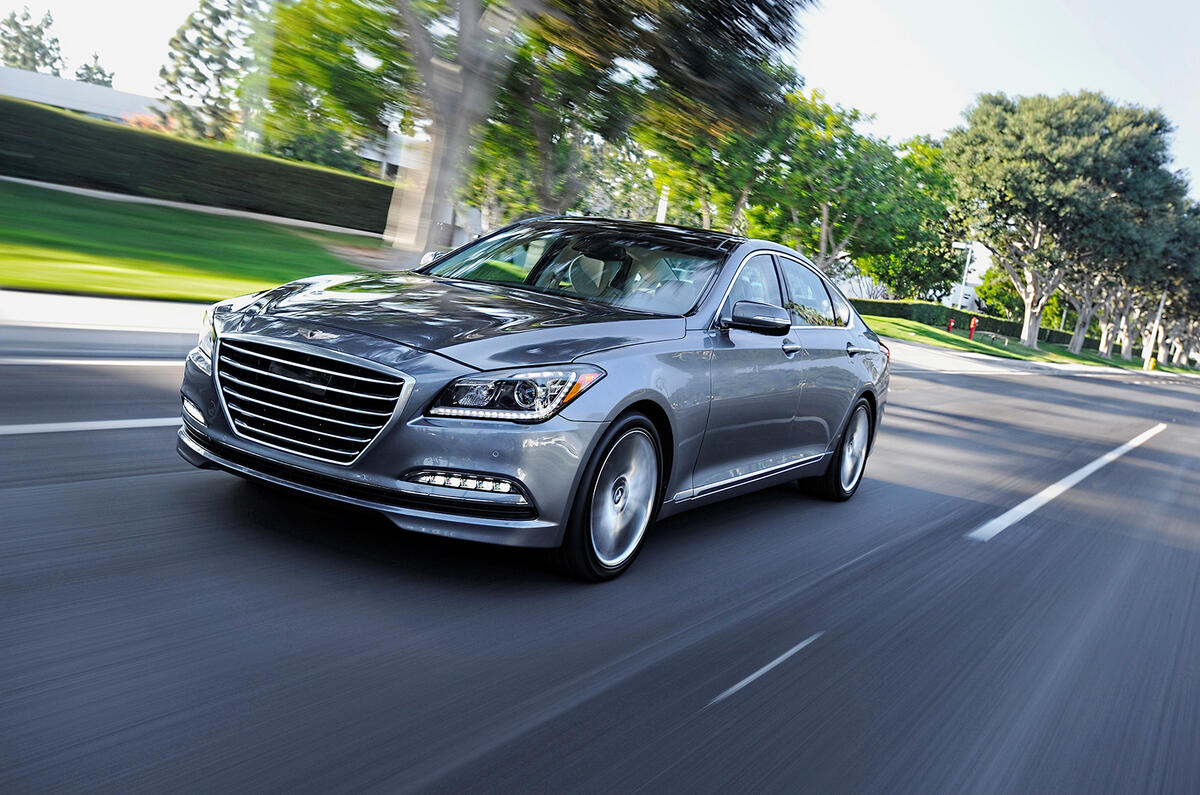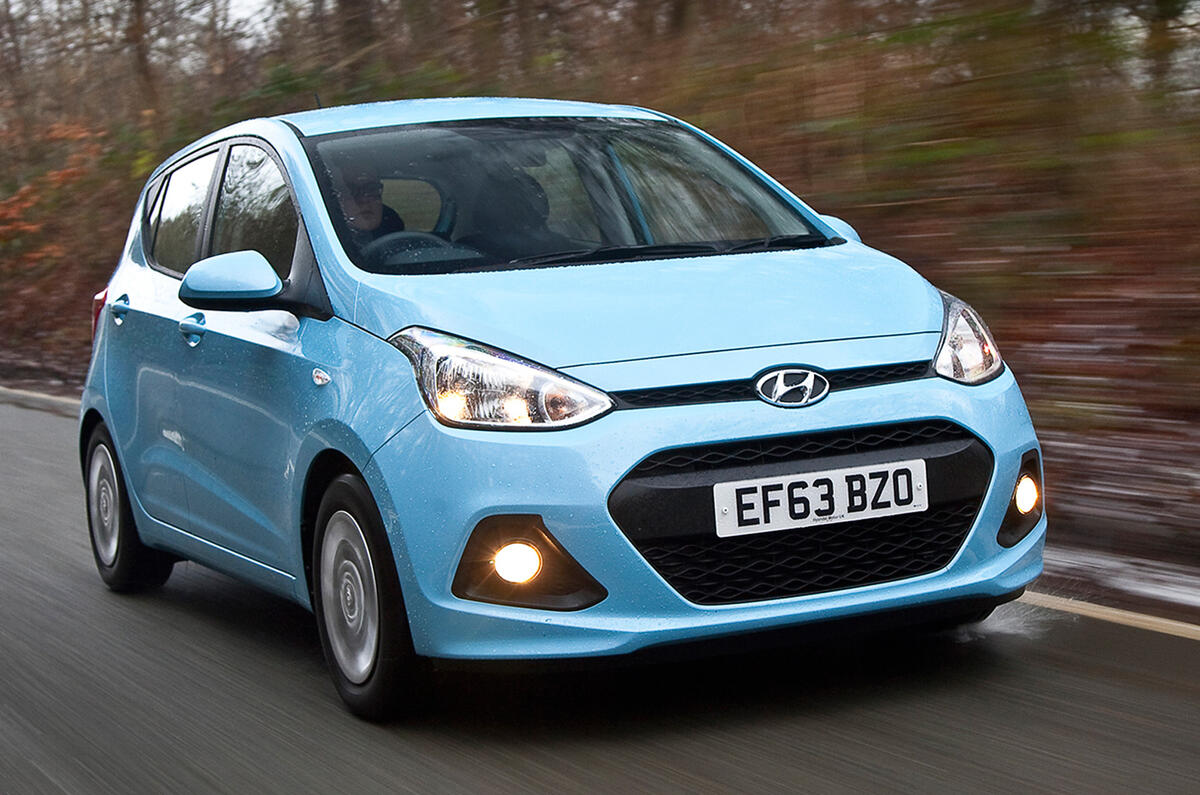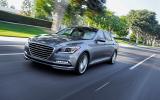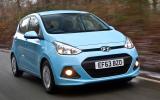Hyundai will launch 22 new models in Europe between now and 2017, as part of a renewed model offensive that began with the new i10 last month.
The plans include both a new Hyundai i20 and a right-hand-drive version of the £35,000 Genesis executive saloon, set to arrive later this year.
Hyundai, which this week passed an all-time total of 6.0 million cars sold in Europe, has improved its market share from 1.8 per cent in 2008 to 3.5 per cent last year, and aims to take an even five per cent of European car sales by 2020.
According to the company's European boss Allan Rushforth, about two-thirds of the 22 models and model actions will be replacements for existing products. The rest will take the company into new areas.
The latest Genesis, which is extremely well equipped and has all-wheel drive as standard, will be powered at launch by the 3.8-litre petrol V6 which is familiar in other markets, though Rushforth acknowledges 93 per cent of sales in the sector are diesels, and a diesel version would make sense if demand were to take off. However, only a few dozen cars are expected to be sold here; the car’s main task is to “create an identity for Korean engineering”, he says.
Rushforth attributes the company’s recent success to four strategies: taking advantage of recent European scrappage schemes, emphasising PCP finance deals, running its plants in Turkey and the Czech Republic at full capacity, and working hard to build customer loyalty, which sat at 36 per cent four years ago but has risen to an impressive 50 per cent now.
In the UK, where Hyundai sales have rocketed by 150 per cent to 75,000 units while the market has declined 15 per cent, growth will be more like 4-5 per cent over the next several years, according to the firm's UK president Tony Whitehorn. However, the A-segment Hyundai i10, officially on sale for just four weeks, has already garnered 8000 orders, with well-equipped models proving more popular than before.
Whitehorn’s objective is to hit 100,000 sales before the end of the decade using “a new, innovative retail experience” due to be revealed before the end of the year. At that stage Hyundai, currently one of the UK’s 10 best-selling brands, will be in the top five. Back in 2008, it was 23rd.











Join the debate
Add your comment
Hyundai has done amazingly
Let's hope that the geniuses